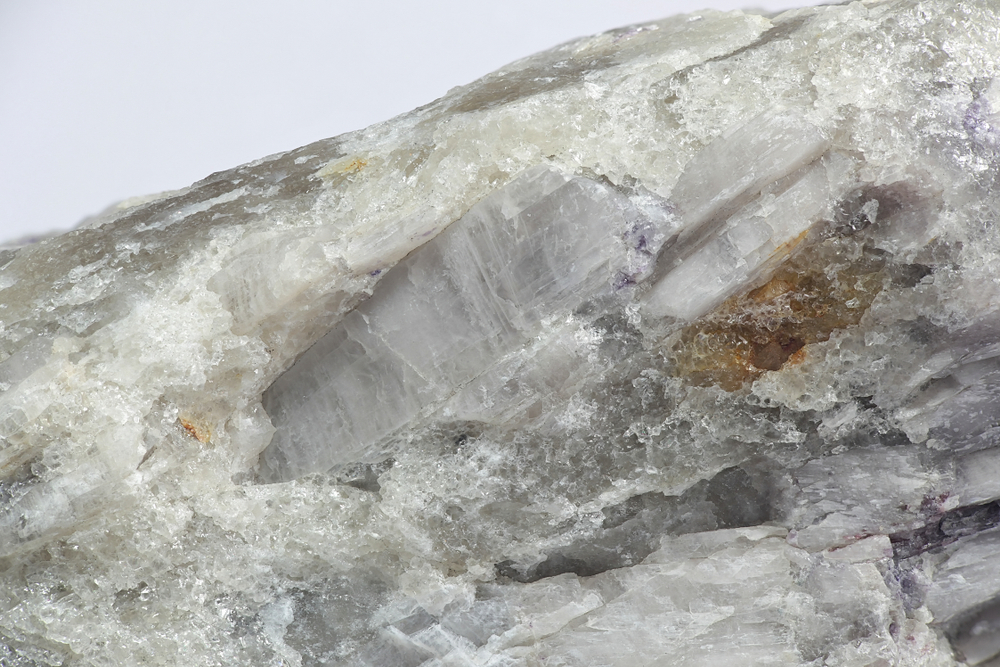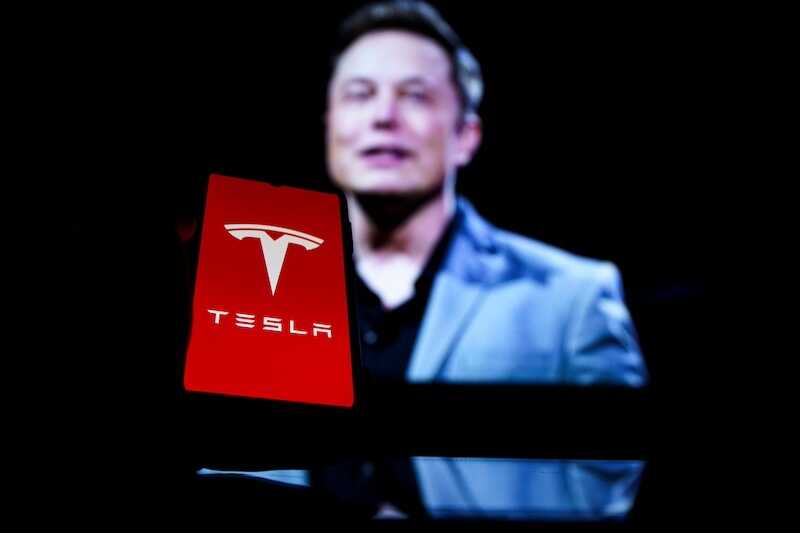The Problems (and Opportunities) With “White Gold”
Andy Snyder|March 4, 2021

We’re gearing up for a big boom in commodity prices.
We’ve already written you about the upshot in rising grain and ultimately food prices. That’s the simple stuff.
Things get a bit more complicated – and far more controversial – when we start looking at the side effects of the so-called “green revolution.”
Just this week, the chairman of Rio Tinto (RIO) quit his job thanks to the scandal over the mega-miner’s destruction of an indigenous site in Australia.
The ornate cave system lasted 46,000 years… but ultimately got blown up in the search for $96 million worth of iron ore.
Interestingly, at nearly the same time as top executives are running for the door, the company announced it’s now working to create a sustainable aluminum can. They’ll be smelted using “renewable” hydropower.
Not only that, but the company has taken it upon itself to launch a sort of “nutritional label” for its aluminum.
Using blockchain technology (huzzah!), Rio will send customers a digital sustainability label that details things like the amount of water used, energy sources, community investment, carbon footprint… and, we can only guess, how many artifacts were blown up.
It’s good news.
But fair warning… It comes at a cost.
Not in My Flowerbed
Meanwhile… the folks at Bloomberg are making life tough for an Australian firm that many think is committing similar crimes against humanity here in the States.
A rare form of buckwheat has been “dug up and destroyed,” the news rag said.
That plant, it turns out, has been a thorn in the side of the company that wants to level the land and start digging for lithium… or “white gold,” as many are calling it these days.
Lithium, you may know, is a huge player in the electric vehicle game.
The average battery-powered car has more than 20 pounds of the stuff in it. The world needs a whole lot more of it.
“You can’t have green energy without mining,” said Mark Senti, the CEO of rare earth magnet company Advanced Magnet Lab. “That’s just the reality.”
“Ehhh,” says the Prius driver. “We never thought of that.”
Meanwhile, the mystery grows in the Nevada desert.
The detectives at the U.S. Fish and Wildlife Service blame thirsty squirrels for the destroyed buckwheat.
The anti-mining Center for Biological Diversity says no way. It argues that where there are squirrels, there is poop… and there is no poop.
The glove doesn’t fit.
It blames the mine.
Either way… the cost of mining lithium in the Nevada desert just went up.
Moving South
Meanwhile… as we’re wont to say, money goes where money is treated best.
Down in the Andes, folks aren’t quite as worried about where the deer and the antelope play. Or, to be clear, the folks who do care don’t have the money to care enough.
Bolivia has some of the world’s largest concentrations of lithium. And with a GDP that’s roughly a third of Rio Tinto’s market cap, well, let’s just say its people have already eaten all the buckwheat in the fields.
The government there has done a bang-up job to corrupt and screw up its nascent lithium boom. After seeing the country jump in and out of billion-dollar deals, now folks from China and Germany are knocking at the door.
They’re desperate to get their hands on the metal. China, don’t forget, will need some 800,000 tons of lithium by 2025. And if it wants cheap product, it knows it has to go to a place where endangered plants naturally find a way of disappearing.
A boom in the country may finally sound like good economic news for the poor folks of Bolivia. But it’s not. The nation’s law says only the state can mine lithium.
The private sector is cut out.
It’s good news for whoever has taken power this week… and better news for Elon Musk.
After the country held its own “rigged election” that many called a “lithium putsch,” the Tesla founder was accused of pushing the former leader – and fan of privatization – out of office.
Musk infamously tweeted, “We coup whoever we want! Deal with it.”
Golly… we hope there’s none of that in our Green New Deal.
It turns out that getting cheap lithium is actually quite expensive.
A Lousy Deal
But this stuff isn’t happening just in rocky Bolivia. Farther south in Chile, money is also flooding to where it’s treated best.
A 2016 article by The Washington Post proves our point. It detailed how a joint-venture lithium miner named Minera Exar made a deal with half a dozen indigenous groups to launch a new mine.
The mine had an expected payout of $250 million per year. Each tribe, meanwhile, is happy to get a check for somewhere between $9,000 and $60,000.
Across the mountains in Argentina, hopes are high. Optimists say the country could supply all the world’s lithium by the end of the decade. Realists say the dead-broke government will screw it up once again.
Even if hope wins out and the government doesn’t use the profits to pay off its debt, it’s trouble for the locals who already don’t have enough water. Lithium extraction requires 2 million liters of water per ton of mineral.
There’s not enough to go around.
Again… somebody has to pay for the falling price of lithium batteries.
The Solution?
Before the haters go and think we’re against the green movement… don’t bother writing.
We own a flower farm, for Pete’s sake. We practice regenerative grazing. We held a newborn sheep in our arms at midnight last night. We nurture our forests. And we’re at the starting gates of a major, multiyear stream restoration.
We’re as green as it gets.
But above all, we seek the full truth, not the headline truth.
Driving a car powered by a battery may get the oil smell of your clothes… but it puts a mine in some poor soul’s backyard.
And if it doesn’t, the only other option is for prices to rise significantly.
We’re convinced this push toward new forms of energy will spark a great and long-lasting increase in commodity prices that few folks in power are clear-headed enough to see.
As fans of the free market, we’re putting the idea to work.
On Tuesday, we told our Manward Letter readers to prepare for the start of a fresh commodities supercycle by grabbing shares of a company that gets paid to move all these high-demand commodities from one place to another.
And last week, we told our Codebreaker Profits subscribers about a very bullish technical setup for a little-known company that’s working to boost lithium efficiency… not pull more of it out of the ground.
The truth is never as pretty as the headlines want you to believe.
We’re good with that.
There’s big profit potential in sorting the right from the wrong.
The truth is… if this world is as green as it says it is, prices are going up.
Like what you’re reading? Send your thoughts to mailbag@manwardpress.com.

Andy Snyder
Andy Snyder is an American author, investor and serial entrepreneur. He cut his teeth at an esteemed financial firm with nearly $100 billion in assets under management. Andy and his ideas have been featured on Fox News, on countless radio stations, and in numerous print and online outlets. He’s been a keynote speaker and panelist at events all over the world, from four-star ballrooms to Capitol hearing rooms.





